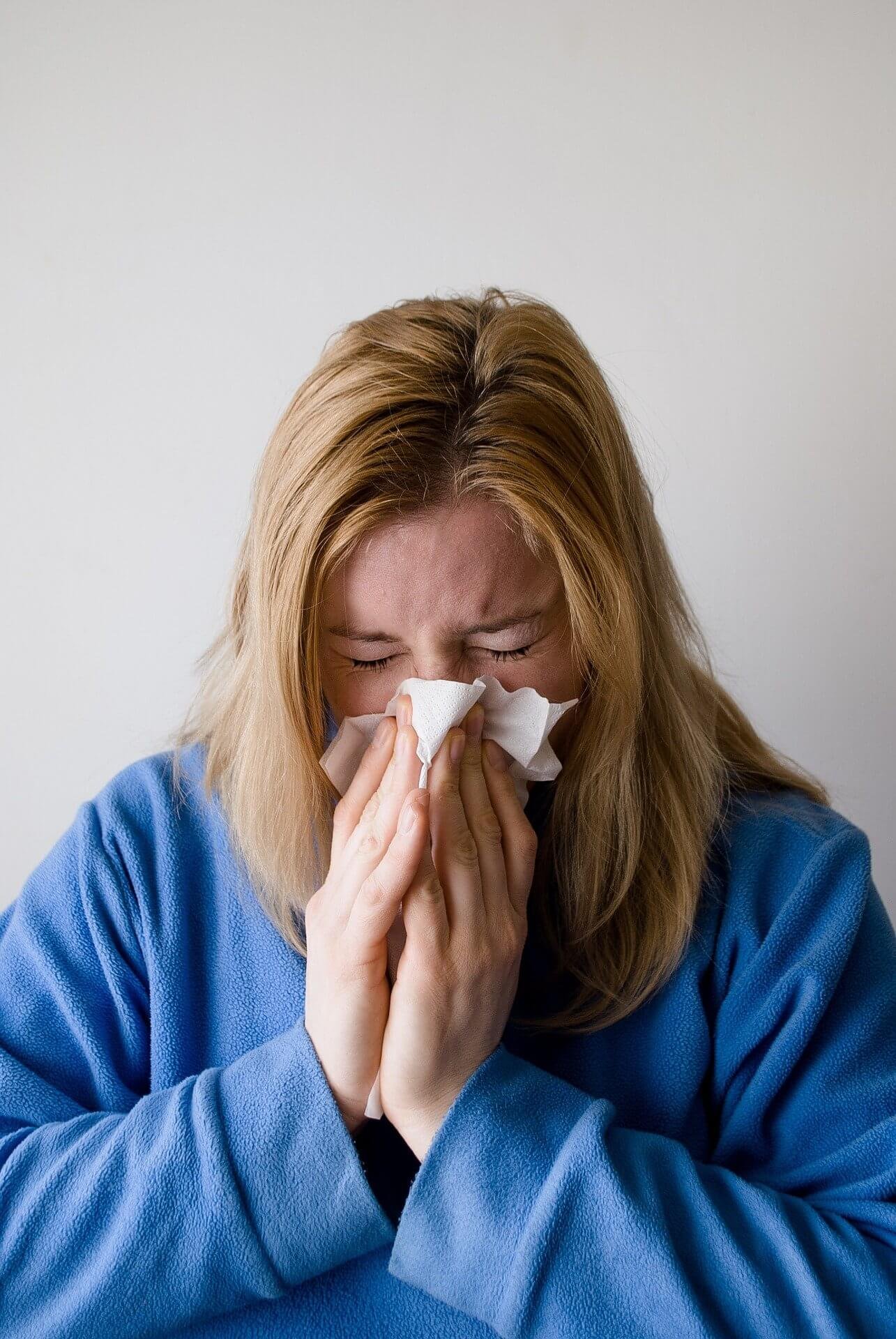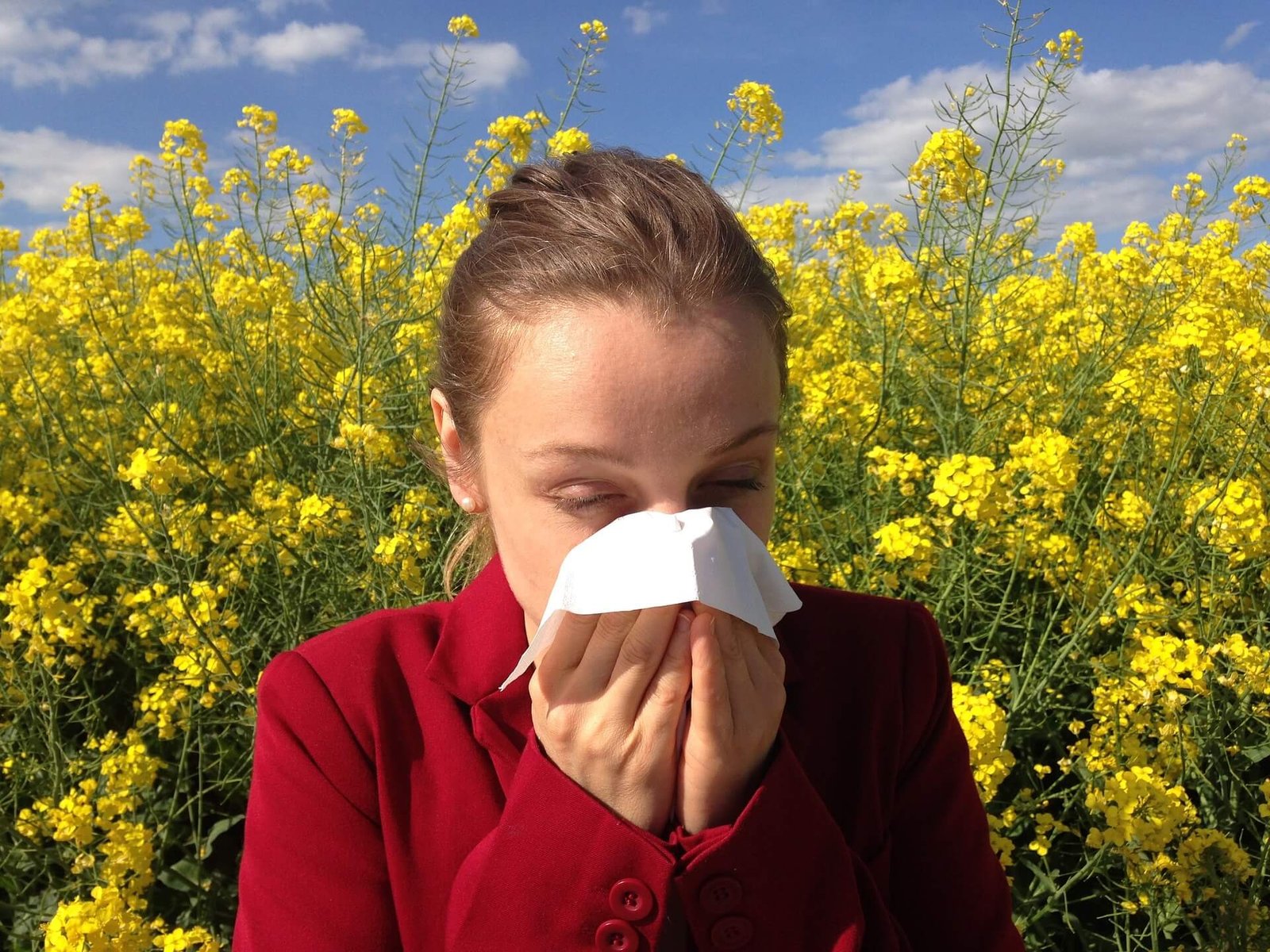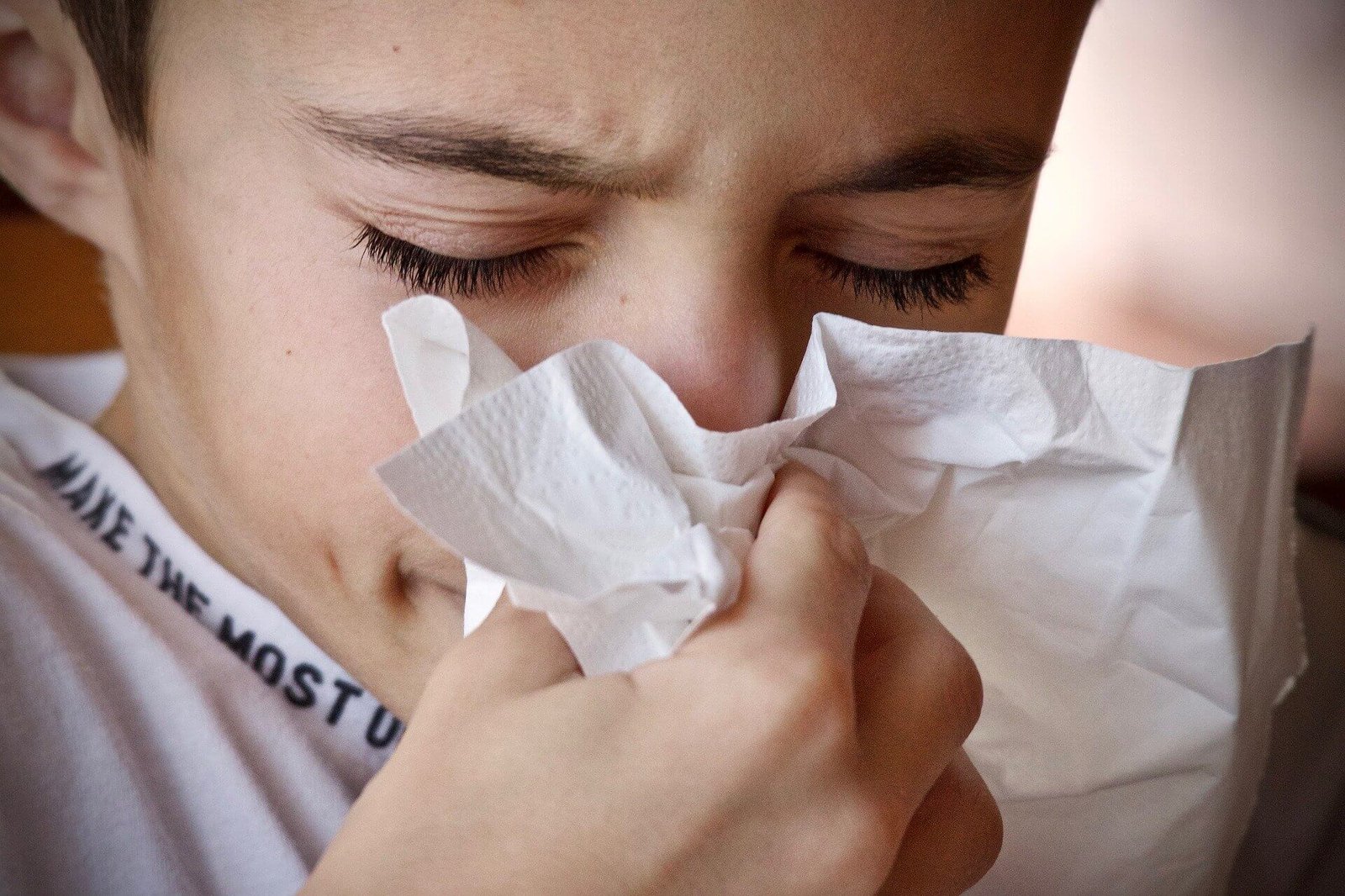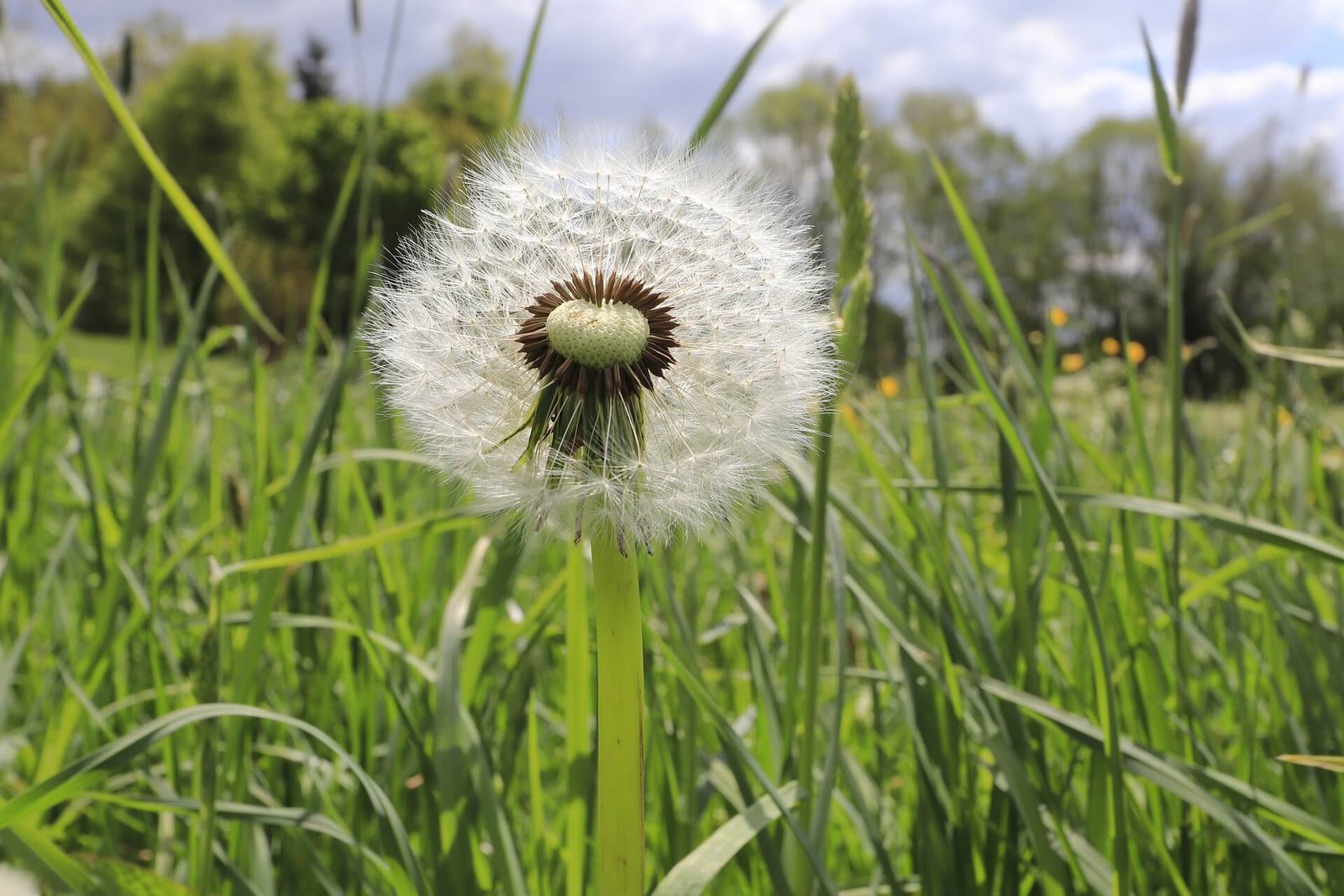Allergic Rhinitis- 2 common types , try the home remedies
 Allergic Rhinitis – what is it?
Allergic Rhinitis – what is it?
Overview
Rhinitis caused by an allergen is an inflammation of the inside of the nose. An itchy nose, sneezing, congestion, itchy throat, and congestion are symptoms of allergic rhinitis, also called hay fever. If you breathe in pollen, dust, animal dander, or other things you are allergic to, symptoms like these may occur. You can also experience symptoms after eating something that you are allergic to. Allergic rhinitis, also called hay fever, is a reaction to an allergen.
Seasonal allergic rhinitis is most commonly caused by pollen. During changes in seasons, these allergy symptoms may occur. Changing your lifestyle, taking allergy medications, and receiving immunotherapy (allergy shots) can relieve hay fever symptoms. One in five people in the UK is believed to suffer from this condition.
Symptoms

It is possible for the symptoms of hay fever to appear throughout the year. Spring, summer, and early fall are the worst times for outdoor allergies. The pollen count is higher in warmer weather because weeds and flowers bloom. Allergies caused by pet dander and dust mites can worsen in the winter months because people spend more time indoors. Symptoms of allergic rhinitis typically include sneezing, itching, and a blocked or runny nose. As soon as an allergen is exposed, these symptoms begin to appear.
The majority of people with allergic rhinitis have mild symptoms that can be treated easily and effectively, but for some people, the symptoms can be severe and persistent, disrupting sleep and affecting their daily activities. Many people only get allergic rhinitis for a few months at a time since they’re sensitive to seasonal allergens like tree or grass pollen. The symptoms sometimes improve with time, but in other cases, it can take a long time before they clear up completely.
These symptoms include:

-
Nose stuffiness (congestion), runny nose, and sneezing.
-
Throat, nose, and eyes are itchy.
-
You may experience headaches, sinusitis, and dark circles under your eyes.
-
Throat and nose mucus increase.
-
Malaise and fatigue.
-
Breathing difficulties, wheezing, coughing.
Causes
A natural chemical released by your body when it comes into contact with an allergen is histamine, which protects your body from the allergen. There are several effects that can result from exposure to this chemical, including a runny nose, itchy eyes, and sneezing.
Other common allergens, in addition to tree pollen, are:

-
Pollen from grass
-
A dust mite
-
Old animal skin, or animal dander
-
Saliva from cats
Hay fever and allergies tend to run in families. In the case of both your parents having allergies, it is likely that you will suffer from allergies as well. If your mother has allergies, the chances are higher. An allergic reaction to food can also cause a sore throat and inflammation in the nose. Get immediate medical attention if you think you are having an allergic reaction to something you ate. Food allergies can be life-threatening.
2 Types of allergic rhinitis
There are two types of allergic rhinitis: seasonal and perennial.
1. Seasonal allergies. These allergies usually occur in the spring and fall, and they are typically caused by outdoor allergens, like pollen.
2. Perennial allergies. These allergies are caused by indoor substances such as dust mite dander and pet dander, which arise all the time in the home.
When to see a doctor
You should see your doctor if you suspect you have another illness, such as asthma, as hay fever isn’t likely to cause serious health problems. If allergic rhinitis disrupts your sleep, prevents you from carrying out everyday activities, or affects your performance at work or school, you should see a doctor.
In what ways can Allergic Rhinitis be diagnosed?
During the exam, your healthcare provider will ask about your symptoms and assess your health for other conditions such as a cold or asthma. In order to measure your antibodies to specific allergens, your provider may take a blood sample and send it to a laboratory for testing. The immunoglobulin E test is a blood test. All types of allergies can be detected, including food allergies.
Your healthcare provider may recommend a skin prick test to determine what allergen is causing your symptoms. To test your body’s reactions to the substances, your doctor applies a variety of them to your skin. If you are allergic to a substance, a little red bump may appear. Blood tests, or radioallergosorbent tests, are also common. Radioallergosorbent tests measure the amount of immunoglobulin E antibodies in your blood for particular allergens.
What are the treatments for allergic rhinitis?
There are several ways to treat allergic rhinitis. As well as medications, there are possible home remedies and alternative medicines. Before you try any new treatment for allergic rhinitis, you should consult your doctor. In order to prevent allergic rhinitis, you can reduce your exposure to potential allergens that cause it. However, avoiding all potential allergens may be impossible. Here are a few things that will reduce your symptoms:
Medication

-
Antihistamines
-
Decongestants
-
Corticosteroid nasal sprays
-
Leukotriene inhibitors
-
Immunotherapy
-
Sublingual immunotherapy
Home remedies
A home remedy will depend on which allergens you suffer from. You can try using the following if you have seasonal allergies or pollen allergies:
-
Consider using an air conditioner rather than opening the windows
-
Dehumidifier
-
HEPA FILTER
-
Keep the nasal passages free from irritants by regularly rinsing them with a saltwater solution.
- Exercising outdoors early in the morning is not recommended.
- After being outside, take a shower immediately.
- To minimize your dog’s dander, bathe him at least twice a week.
- In case you’re concerned about dust mites, remove carpets in your bedroom
What is the outlook for people who have allergic rhinitis?
You may feel miserable with allergic rhinitis, but it won’t cause serious health problems. Most people with hay fever manage their symptoms with lifestyle changes and over-the-counter medications. Depending on your condition, your treatment will have a different outcome. In most cases, seasonal allergic rhinitis isn’t severe, and you can manage it well with medication. If this condition is severe, prolonged treatment may be necessary.



